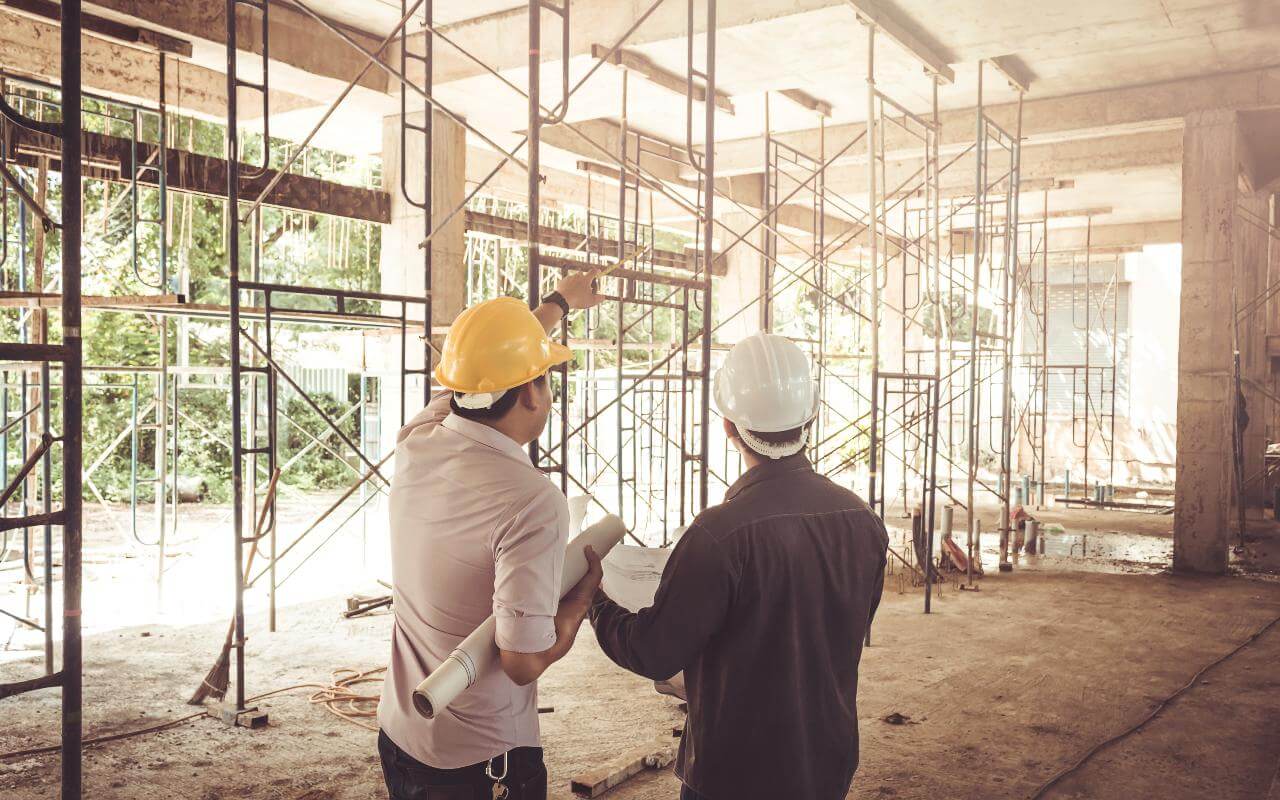The following is a general update and overview of common mitigation issues in construction disputes.
It is settled law that claimants have a duty to mitigate their loss. This means, in a nutshell, that they must act reasonably.
In that regard, and in the context of construction disputes, it was stated in the presiding Judge’s comments in Southampton Container Terminals Ltd .v. Hansa Schiffahrts GmbH that:
… As I read the authorities, where reinstatement is the appropriate basis for the assessment of damages, it must be both reasonable to reinstate and the amount awarded must be objectively fair as between the claimants and the defendants …
In the context of construction disputes, mitigation involves – in essence – making proper enquiries about repair options. The leading case in that regard is The Board of Governors of the Hospitals for Sick Children .v. McLaughlin & Harvey Plc where it was held that:
… The Plaintiff has, where as part of the requirement that he act reasonably or otherwise, a duty to mitigate his loss. This may require him, if presented with two or more choices, to chose the one which will keep his losses to a minimum …
Whilst that statement is often seized upon by defendant contractors to support the proposition that only the cost of the ‘cheaper’ remedial scheme should be recoverable in damages, this ‘rule’ is not invariable. In the aforementioned case, the Court awarded damages per a remedial scheme which had been undertaken by the claimant on the advice of an expert. Although the reasonableness/cost of that remedial scheme was very much in dispute, the Court held (in effect) that it was reasonable for the claimant to rely on its expert advisor’s advice and, to that end, the (higher) cost of the remedial scheme undertaken was therefore recoverable.
In McGlinn .v. Waltham Contractors the Court held that reliance upon expert evidence re: the remedial scheme actually undertaken is likely to be a highly significant factor in determining whether a claimant has acted reasonably but – crucially – it will not necessarily be enough to demonstrate that this hurdle has been cleared. In that regard, the presiding Judge followed the approach of the Court of Appeal in Skandia Property UK Ltd .v. Thames Water Utilities, where damages were reduced because assumptions made by the expert re: damage to accessible and inspectable parts of the works were found to be unwarranted.
Accordingly, and on the basis of these four decisions (which remain good law / the foundation for mitigation arguments in building defect disputes), the approach that we often recommend be adhered to is as follows:
- The claimant must act reasonably – and, crucially, must be seen to act reasonably.
- To that end, the claimant must take advice from a professional advisor and/or independent expert advisor re: the issue of remedial works and suitability of any particular remedial scheme.
- The proposed defendant should be given an opportunity if at all possible to consider that scheme and to comment on it.
- Insofar as the defendant does raise objections / comments, these need to be considered carefully by the appointed professional / expert advisors and responded to. They should not simply be dismissed out of hand.
- Ultimately, the decision to proceed with a particular remedial scheme is then up to the client.
- As a general rule, if the decision to proceed with a particular remedial scheme is supported by the professional / expert advisors (who have carefully considered and responded to any points raised by the defendant(s)) then this should be enough to show that the claimant has acted reasonably and mitigated its loss – provided of course that said professional / expert advisors’ advice is not found to be demonstrably incorrect / negligent / predicated on incorrect assumptions which could have discerned by way of inspections etc. That is why it is crucial to get on board the right advisors / experts.
- Provided the above is adhered to then, as a general rule, the claimant should be in a good position to recover from any culpable parties the cost of the actual works undertaken.
In the context of external wall claims, there have been a number recent judgments where mitigation arguments raised have been largely resolved in the favour of the claimants – see for instance:
- Martlet Homes Ltd v Mulalley & Co. Ltd where, in line with the aforementioned cases, it was held that it is not enough that a Defendant show that cheaper remedial works were viable. It must show that the remedial scheme undertaken was, in the circumstances, unreasonable. Further, the court reiterated that “the court will not be too critical of choices made as a matter of urgency or on incomplete information”.
- St James’s Oncology SPC Ltd v Lendlease Construction (Europe) Ltd, where the Court dismissed the Defendant’s assertions to the effect that because there was purportedly no intention to carry out remedial works, the Claimant’s claim for damages should be dismissed. In that regard, the Court upheld the longstanding principle that once ‘loss’ is established, the question as to what a Claimant intends to do with any monetary compensation is largely irrelevant. In the circumstances of this case, the Court also held that it was perfectly reasonable for the Claimant to await the outcome of the proceedings prior to deciding on remedial measures.



